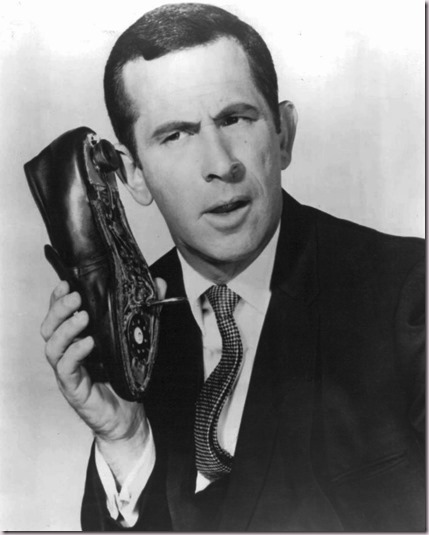Atheists are correct when they zero in on some of the gaping holes presented by modern religion.
For example, the “solas” or fundamental doctrines of Protestantism are a veritable garden of logical fallacies.
Let’s take one biggy, sola scriptura, as an example. From Wiki:
“Sola scriptura (Latin ablative, “by Scripture alone”) is the Protestant Christian doctrine that the Bible is the supreme authority in all matters of doctrine and practice.”1
Unfortunately, the doctrine that “the Bible is the supreme authority in all matters of doctrine and practice,” is not found anywhere in the Bible.
Further, who made up the “solas” anyway?
Here from Wiki:
“By the middle of the 20th Century, it became common to see the original list of three increased to create five solas.”2
If any Tom, Dick or Harry, in any century, can grant himself his own authority to redefine the Bible (Luther cut out seven books from the original Vulgate Bible) and the whole of Christianity, why can’t I?
And so we see why Protestantism is the factionalized, incoherent, mess still in progress that we have today.
And we also see why atheists redefine the Bible to suit their tastes just like Martin Luther and the merry, herding multitude of subsequent reformers did; and then set about destroying Christianity with as much zeal and fervor as good priest and proto-reformer Martin Luther set about destroying the Catholic Church.
So what about the Catholic Church?
Here’s a good one from today’s current events:
San Francisco Saint Mary’s Cathedral Drenches Homeless With Water To Keep Them Away3
Yes folks, the Arch Bishop of San Francisco condones soaking homeless people with water if they try to spend the night in the cathedral doorway.
But I can relate.
A homeless person threw a bolder through one of the glass doors of a Catholic church located across the street from my apartment.
Maybe Jesus was trying to bust his way into his church, you think?
Well, I changed parishes but I wonder if that’s going to do any good.
At daily Mass, the priest gets to use a microphone so people can hear him as he celebrates the Eucharist.
But the lay person who reads Holy Scripture to the congregation doesn’t get to use a microphone.
The Word of God just sort of wonders out there from the mouth of the lector, on into the huge open space of the chapel, and then dies an ignominious death in the vast silence.
After Mass one morning I mentioned this phenomenon to one of the powers that be.
The solution arrived at by the Pastor was to relieve the celebrating priest of his microphone, too.
If only I had stfu!
Serves me right, though. Now nobody can hear nothing.
Yes. The sclerosis in the Church that drove good priest Martin Luther batty 500 years ago, is still alive and well.
What’s a Christian to do?
References
1. Wikipedia – The Free Encyclopedia, http://en.wikipedia.org/wiki/Sola_scriptura
2. Wikipedia – The Free Encyclopedia, http://en.wikipedia.org/wiki/Five_solae
3. CBS San Francisco Bay Area, http://sanfrancisco.cbslocal.com/2015/03/18/homeless-saint-marys-cathedral-archdiocese-san-francisco-intentionally-drenched-water-sleeping/

Leave a comment